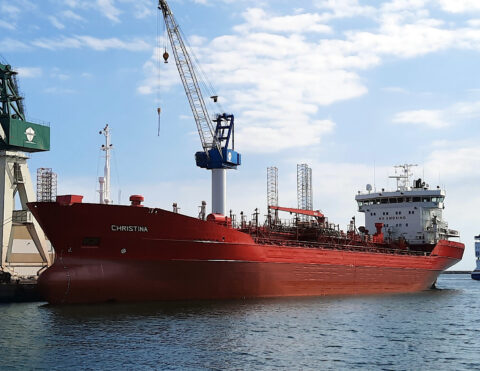Israel’s Finance Minister Bezalel Smotrich on Thursday reportedly announced that the government will press ahead with a long-delayed settlement expansion near East Jerusalem, signaling a decisive move that he says will “finally bury” the idea of a Palestinian state.
Smotrich, who also directs civil affairs in the Palestinian territories through his role in the defense ministry, confirmed that construction plans in the E1 corridor — a strategic area linking East Jerusalem to Ma’ale Adumim — have been approved after years of international pressure to shelve the project.
“Today, anyone in the world who tries to recognize a Palestinian state will receive an answer from us on the ground,” Smotrich said. “They will talk about a Palestinian dream — and we will continue to build a Jewish reality.”
The development, which will add thousands of housing units, has been a flashpoint for decades. Critics claim the construction will hinder movement between Ramallah in the north and Bethlehem in the south.
Supporters argue it strengthens Israel’s security and unites its capital region against threats from terror groups.
The move follows recent announcements from France, the U.K., and Australia that they will formally recognize a Palestinian state by September — symbolic gestures aimed at pressuring Israel amid its nearly two-year war in Gaza.
Israeli leaders have dismissed the recognitions as political theater detached from the realities on the ground.
“Construction in E1 is considered essentially fatal to the prospect of a two-state solution,” asserted Peace Now, an Israeli group opposed to settlement growth. But the plan’s backers see it differently, viewing the two-state model as outdated, particularly after the Hamas-led massacres of October 2023 and the war that followed, leaving Gaza in ruins and tens of thousands dead.
While much of the international community labels West Bank settlements as illegal under international law, Israel disputes that characterization — a position reinforced during the Trump administration.
Then, U.S. policy shifted away from the Obama-Biden era’s harsh criticism of settlement activity.
“Under the Trump administration, it has been viewed that it is not a violation of international law for Israelis to live in Judea and Samaria,” U.S. Ambassador to Israel Mike Huckabee told The Wall Street Journal last month, using biblical terminology for the West Bank.
Smotrich thanked Huckabee and President Trump, praising them as “true friends of Israel like we have never had before.” The Trump administration has also rolled back Biden-era sanctions on settlers accused of violence against Palestinians.
The U.S. State Department reiterated its position that “the conditions for a two-state solution do not exist, politically or practically” and referred questions about the E1 project to the Israeli government. Prime Minister Benjamin Netanyahu’s office did not respond to requests for comment.
With the E1 plan now moving toward final approval — a hearing is scheduled for next week — Israel appears determined to solidify control over critical territory, even as Western capitals push symbolic recognitions.
For Smotrich and his allies, the project represents not just a development plan, but a declaration: the land will remain in Israeli hands.
[READ MORE: Trump and Putin to Hold Dual Press Conference After Alaska Meeting]









